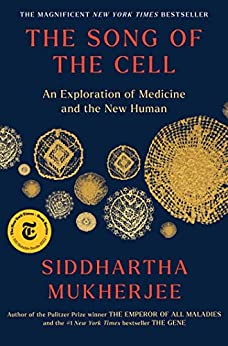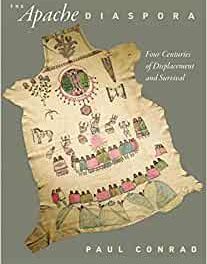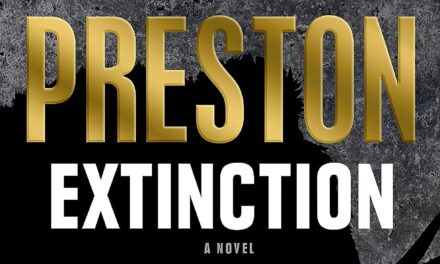The Song of the Cell has achieved myriad accolades, including a NYT Notable Book and Best Book of the Year by Oprah Daily, the Economist, BookPage, Book Riot, and the New York Public Library. In reading it, I found Mr. Mukherjee’s prose to be elegant and near-flawless. He begins his story with the discovery of microorganisms and cells in the late 17th century and follows the history of biological science and medicine through to the current times, hitting high points along the way, up to and including stem cell therapies, AIDS, cancer, and Covid-19.
A Pulitzer Prize winner, Mukherjee is a physician himself, an oncologist and cancer researcher. This background gives him the authority to write knowledgeably on his subject matter. He, however, takes very complex subjects and not only breaks them down enough for the average reader to comprehend but somehow makes cellular physiology fascinating. He also includes anecdotes about his life and his patients that enliven the book. As a physician, I was captivated by his research and his writing skills, how much emotion he portrays as he talks about patients and cancer, and how he interweaves multiple storylines into a coherent whole.
All in all, this book is well-deserving of its accolades, and I plan on looking into Mukherjee’s other works: The Emperor of All Maladies: A Biography of Cancer, The Gene: An Intimate History, and The Laws of Medicine: Field Notes from an Uncertain Science.
********************
The Song of the Cell: An Exploration of Medicine and the New Human (Scribner, October 25, 2022) is available through:
********************
This post may contain Amazon Affiliate links. As an Amazon Associate, I may earn a small amount from qualifying purchases at no cost to you.













